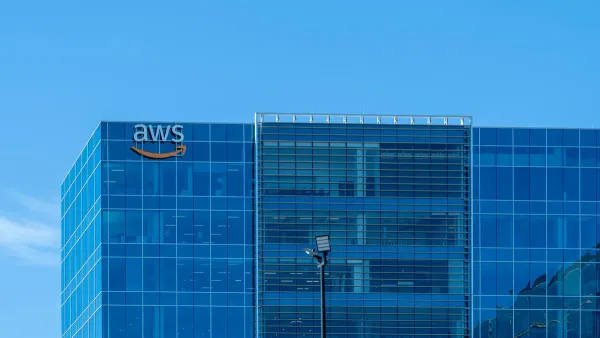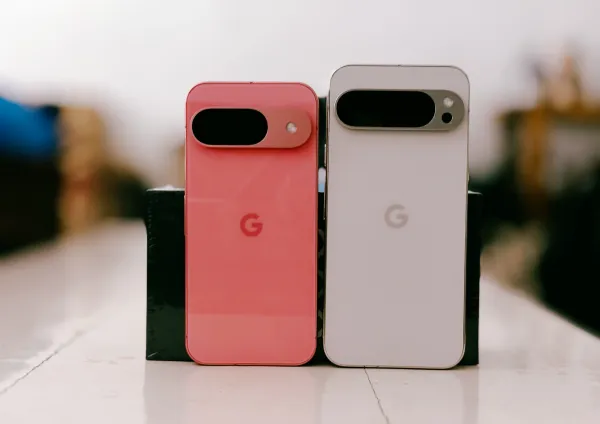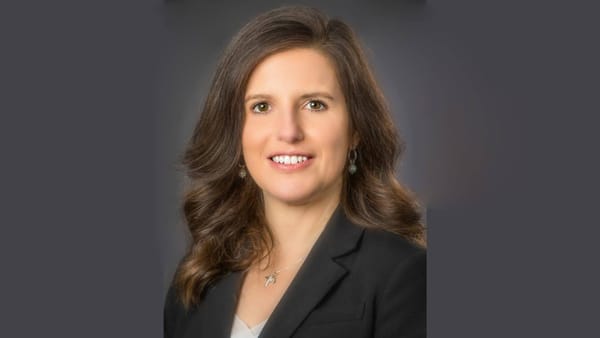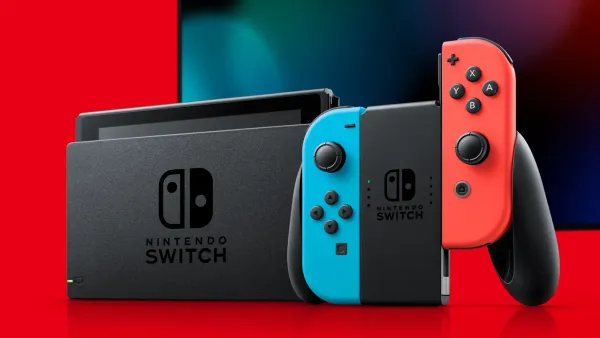News Reports Have Limited Copyright Protection, OpenAI tells Indian Court
OpenAI argued that ChatGPT does not reproduce original content but generates fresh responses each time a user inputs a prompt
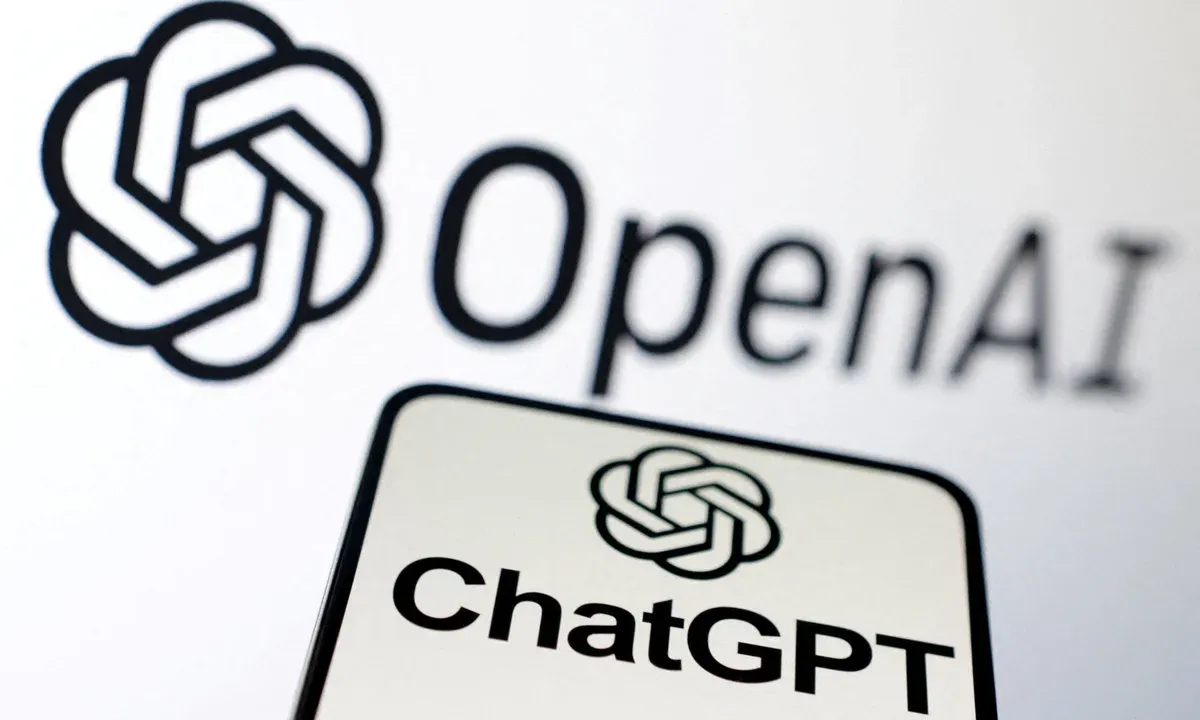
OpenAI, the maker of ChatGPT, argued before the Delhi High Court on Tuesday that copyright protection in news reporting is limited due to the overriding public interest in the free flow of information, Bar and Bench reported.
The statement came in response to a copyright infringement suit filed by news agency Asian News International (ANI).
Representing OpenAI, Senior Advocate Amit Sibal stated that while facts and ideas in news may be similar, copyright protects only the expression of those ideas.
"There may be similarity in facts, ideas, names, places but the expression is different. And all that copyright [law] protects is the expression, and much more so in the case of news, the copyright protection is narrow because of all things news is further to be disseminated. There is a greater public interest in dissemination of the ideas and facts that are involved in news reporting. But news reporting has more than ideas and facts, no difficulty. It may be copyrightable, but what is copyrighted is the expression,” he said.
Sibal emphasized that ChatGPT does not reproduce original content but generates fresh responses each time a user inputs a prompt. He added that even extensive testing by media organisations, including The New York Times, failed to uncover clear cases of verbatim replication by ChatGPT.
Sibal further explained that copyright in interviews typically belongs to the speaker, not the journalist, unless original expression is added. He also maintained that using ideas or paraphrasing exclusive interviews is not infringement if originality isn’t copied.
The Court is yet to decide on ANI’s request for interim relief, with Justice Amit Bansal raising critical questions around journalistic investment and the limits of AI-generated content.
ANI accuses OpenAI of using its copyrighted content without permission and fabricating attributions, raising ethical and legal concerns over AI training with protected material and potential reputational harm.
